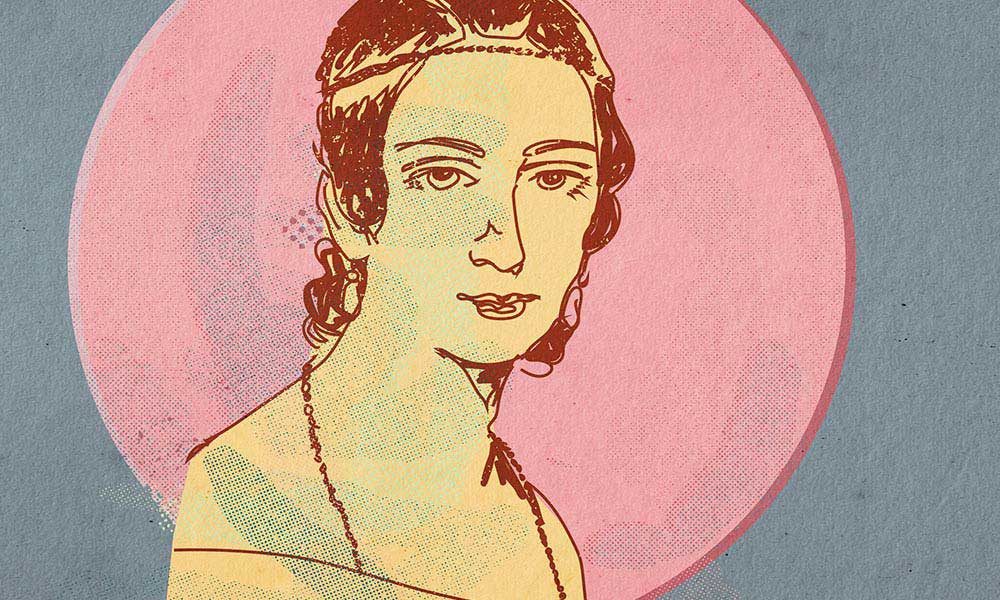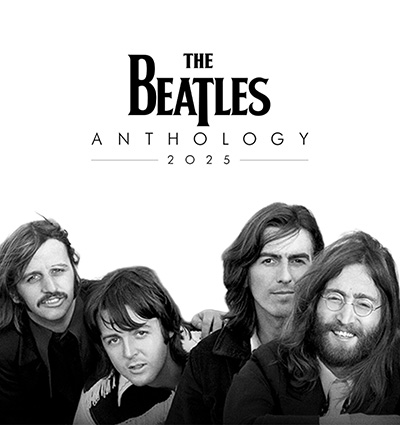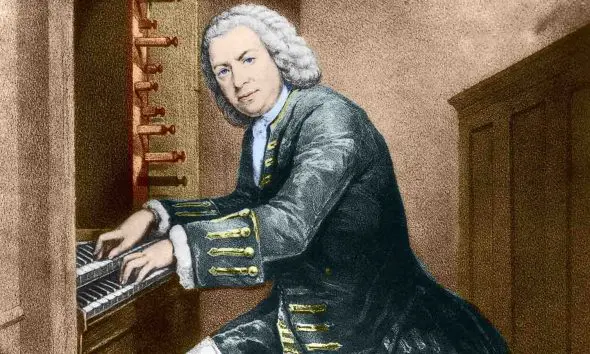Clara Schumann: The Overlooked Romantic Composer You Need To Know
Rediscover the music of Clara Schumann, one of the most important pianists and composers of the Romantic era.

Clara Schumann, née Wieck, was born in Leipzig on September 13, 1819 and shot to fame as a child prodigy, performing in Paris, Vienna and across Europe in her teens. She grew up to be one of the most important pianists of her era and a composer with a distinctive personal voice. Her life in music had many facets, all of them significant in different ways. Yet until recently she has been remembered chiefly as … Mrs. Robert Schumann.
The pianist Isata Kanneh-Mason is on a mission to bring Clara Schumann’s music to wide attention at last. She released her debut album, Romance – The Piano Music of Clara Schumann, to celebrate the 200th anniversary of Clara’s birth in 2019. “She was a very strong woman and had seven children – and I come from a family of seven siblings,” she says. “It’s fascinating that 200 years ago Clara could maintain such a long career as a pianist while having a large family and coping with the difficulties of her husband’s mental illness. Her strength across her long life impressed, inspired and hugely intrigued me.”
“Her music reminds me of Chopin and Mendelssohn, but at the same time it sounds like no one else. You can tell from it what a romantic person she was, but also how strong she was. These are two defining strands to her character.”
Listen to Isata Kanneh-Mason’s album Romance: The Piano Music Of Clara Schumann on Apple Music and Spotify.
Clara Schumann’s Piano Concerto
Central to Isata Kanneh-Mason’s debut album, Romance, devoted to Clara Schumann’s music, is one of her most famous works: the Piano Concerto, begun when she was only 13. She gave its premiere in the Leipzig Gewandhaus aged 16, conducted by Felix Mendelssohn. It incorporates some startlingly original touches, including a cello solo in the slow movement (perhaps this detail later served as a conceptual example for her friend Johannes Brahms in his own Piano Concerto No. 2).
“The piano writing is fiendishly difficult,” says Kanneh-Mason. “One can see what a virtuoso she must have been – it’s full of enormous leaps and crazy octave passages. It seems a very mature piece and sometimes I can’t believe how young she was when she wrote it.”
Piano Romances
The Piano Romances Op. 11 were written in 1839 while Clara Schumann was on tour in Paris. Robert Schumann published the second one as a supplement to his journal, the Neue Zeitschrift Für Musik. The following year Robert and Clara were married at last – after a long battle with Clara’s father, who had opposed the match and done all that he could to separate the pair. The marriage took place the day before Clara’s 21st birthday.
Transcriptions of ‘Widmung’ and ‘Mondnacht’
Isata Kanneh-Mason has included on her album Clara Schumann’s transcriptions of two of her husband’s best-loved songs, ‘Widmung’ (‘Dedication’) and ‘Mondnacht’ (‘Moonlit Night’). “The marriage to Robert was a huge part of Clara’s life, and I wanted to reflect that in the programme,” says Kanneh-Mason. “Liszt’s transcription of ‘Widmung’ is better known; it lengthened the song and added some typically flashy passages. But I prefer Clara’s transcription because it keeps the song’s simplicity in its purest form.”
Piano Sonata In G Minor
Unlike Robert’s songs, Clara’s Piano Sonata In G Minor lay unpublished until, incredibly, the 1980s. “She wrote it in the early years of her marriage to Robert, as a gift for him,” says Kanneh-Mason. “And it seems he advised against publishing it – though nobody seems sure exactly why. Clara later published the scherzo separately, so it looks as if she never intended the whole sonata to see the light of day. It’s just as well it was discovered all those years later.”
Despite high ideals about shared creative endeavour during their courtship, Robert was not particularly supportive about Clara’s compositions once they were married. “Having children and a husband who constantly improvises does not fit together with composing …Clara herself knows her primary occupation to be a mother,” he wrote. Clara gave birth to eight children in 13 years – yet, having discovered that child-care could be engaged, she was able to continue her concert life. After all, someone had to earn a living; Robert’s compositions might be ground-breaking, but did not always bring home the bacon.
Three Romances
Clara’s Three Romances Op. 22 for violin and piano date from 1852-3 and were written for the celebrated violinist Joseph Joachim, a close friend of the Schumanns. It was Joachim who introduced the young Johannes Brahms to their household; during Robert’s long illness and after his death, Brahms became a stalwart support to Clara (whom he loved deeply, if unrequitedly). Brahms and Joachim remained – give or take a few fallouts – two of her closest friends for the rest of her life.
Joachim and Clara frequently performed her Romances as a duo. “They reflect the importance of Clara’s friendship with Joachim,” says Kanneh-Mason, “and show how much she developed as a composer. Each is very different in style, they’re harmonically complex, and they really draw you in.” On hearing Joachim play the Romances, one eminent listener – George V of Hanover – declared them a “marvellous, heavenly pleasure”.
They were, sadly, among the last pieces Clara Schumann published. After Robert’s incarceration in a mental asylum in 1854 and his death there two years later, she composed little more. It was as if her creative fire disappeared in the tragedy of her bereavement and the demands of looking after her family during the years that followed.
Much later Clara wrote: “I once believed that I possessed creative talent, but I have given up this idea; a woman must not desire to compose—there has never yet been one able to do it. Should I expect to be the one?” This seems a sorry reflection of the way that prejudices against female composers could seep into the souls of even the most gifted women in history.
“She’s not lost …but I think she needed to be rediscovered.”
But now, Isata Kanneh-Mason is certain Clara Schumann’s music is here to stay. “I would like to see her music become an established part of the concert repertoire,” she says. Is Clara truly a lost genius? “She’s not lost,” suggests Kanneh-Mason. “But I think she needed to be rediscovered.”
Isata Kanneh-Mason’s album Romance: The Piano Music Of Clara Schumann can be bought here.






